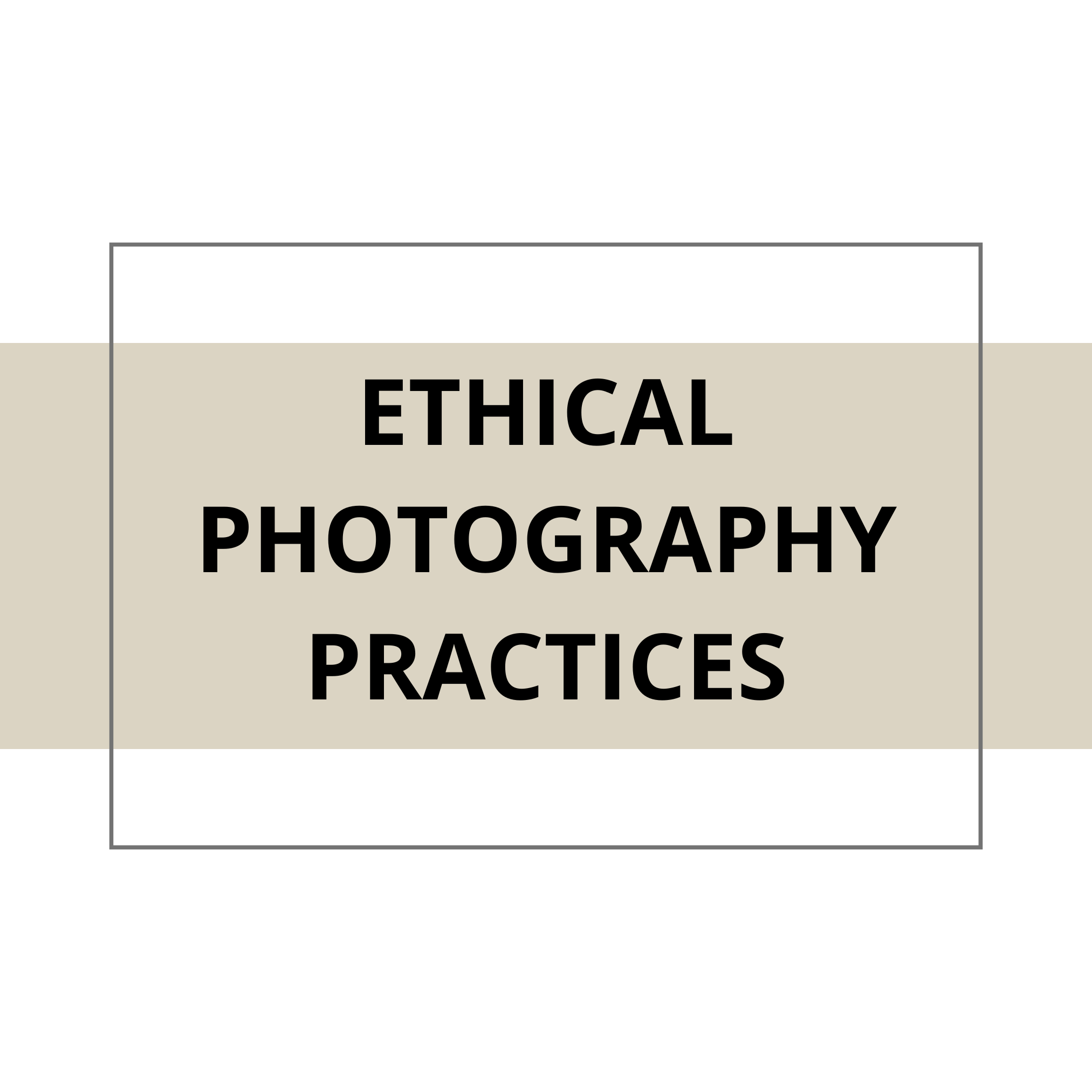Photography is more than just capturing moments; it’s about telling stories with integrity, respect, and authenticity. As a professional photographer, I believe that ethical practices are the foundation of meaningful work. Here’s how I ensure ethical photography practices in my work

RESPECT FOR SUBJECTS
At the heart of my photography job is respect for the people I photograph. Whether working with clients, models, or strangers, I always seek informed consent. This means, most of all, having clear communication, explaining the purpose of the shoot, how the images will be used, and address any concerns. For commercial projects, I obtain written consent through model release forms to ensure clarity and transparency.
I am really engaged in cultural sensitivity: when photographing individuals from diverse backgrounds, I educate myself about cultural norms and avoid perpetuating stereotypes. I once had the opportunity to photograph a traditional festival in a small village. Before taking any photos, I spent time speaking with the locals, learning about their customs, and asking for permission to capture their rituals. This approach not only ensured ethical practices but also resulted in more genuine, heartfelt images
AUTHENTIC REPRESENTATION
Authenticity is crucial in my photography. I strive to portray subjects truthfully, avoiding manipulation that distorts reality. I use a minimal retouching, post-processing just to enhance, not alter, the essence of the subject. My goal is to celebrate natural beauty. For documentary and travel photography, I provide accurate context to prevent misrepresentation and in general I am always very mindful of not exploiting vulnerable individuals or communities for the sake of a compelling image.
During a project documenting street life, I encountered a homeless individual with a powerful story. Instead of snapping a candid photo, I introduced myself, explained my project, and asked if they were comfortable sharing their story. This respectful approach resulted in a photo that not only captured their reality but also honored their dignity.
ENVIROMENTAL RESPONSIBILITY
An ethical approach to photography extends to how we treat our environment. I minimize my ecological footprint by using sustainable materials and reducing waste. While shooting landscapes in a protected area, I realized the importance of sticking to designated paths. Venturing off-trail could harm delicate ecosystems, so I adapted to work within these boundaries. The challenge pushed my creativity and reinforced my commitment to environmental ethics. While travelling, I am always careful in avoiding disruption to wildlife and natural settings, ensuring I leave no trace behind.
PROFESSIONAL INTEGRITY
Maintaining professional integrity is key to ethical photography. I uphold this through honest business practices like transparent pricing and fair contracts, and also respecting intellectual property, crediting other artists and avoiding unauthorized use of content. I stay updated on ethical standards within the industry, adapting to new challenges responsibly.
EMPOWERING SUBJECTS
Photography should empower rather than objectifies. I achieve this by a collaborative approach, involving subjects in creative decisions when possible. I always respect the subject’s boundaries, acknowledging when someone is uncomfortable and adapting accordingly. Also amplifying voices from different backgrounds and experiences, promoting inclusivity, should be an important part of someone that wants to shoot ethically.
Ethical photography is an ongoing commitment, not a checklist. It requires self-reflection, empathy, and a genuine respect for people and the world around us. By prioritizing these values, I aim to create work that is not only visually compelling but also ethically sound. My goal is to inspire trust, foster connection, and contribute positively to the broader narrative through every image I capture.
